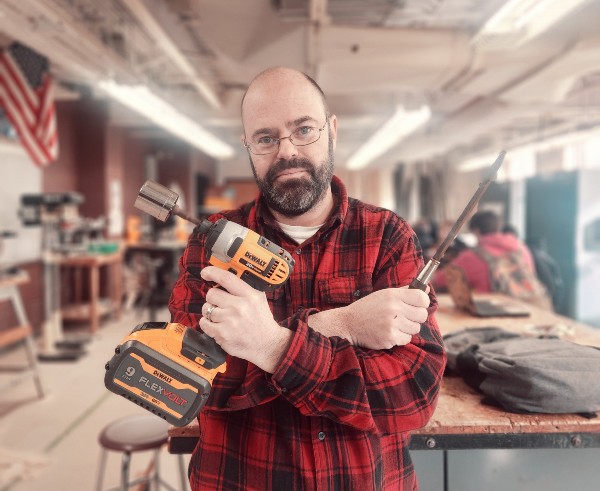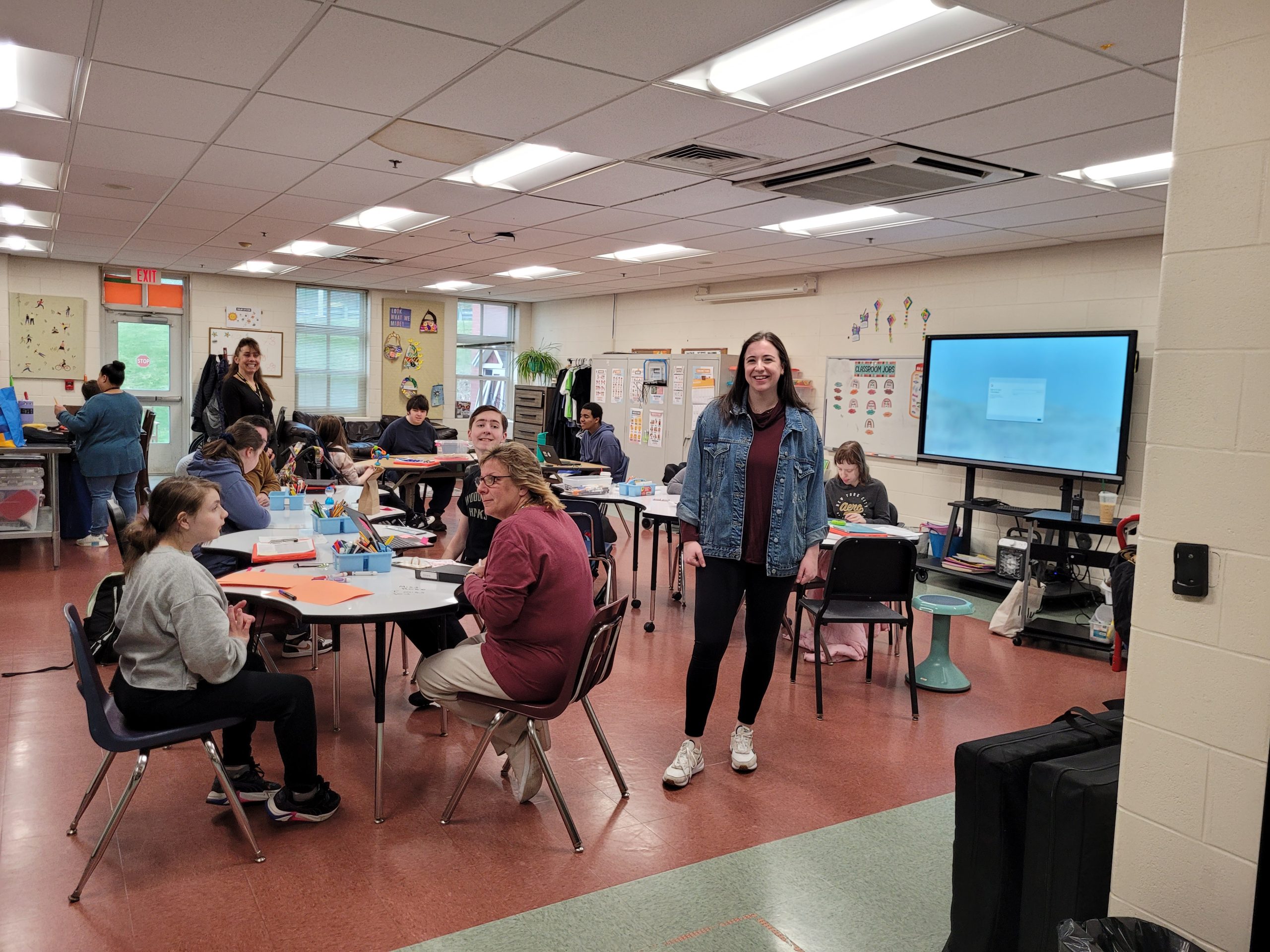By Makenzie White
On Friday, October 21st the LRMS PTO hosted a “field trip” at the school for 7th and 8th grade students to help them explore why learning is important.
Three special guests were invited to speak to the 8th grade class about their job and how science plays a role in their day to day life. The guests included: FBI Special Agent Michael Syrax, Weapons of Mass Destruction Coordinator, Ms. Diane Barden, Bioterrorism Coordinator for CT Department of public health, and Dr. Jason C. White, Chief Scientist of Analytical Chemistry at the CT Agricultural Experiment Station (CAES).
While all three have different jobs they all use science in order to help the community and to protect our country.
Special Agent, Syrax, as part of the FBI addresses incidents involving nuclear, radiological, biological, or chemical weapons with the goal of protection of CT.
Ms. Diane Barden administers the Federal PHEP grant which coordinates activities that are related to terrorism in the state. She also works closely with hospital emergency rooms looking for a cluster of illnesses that could be linked to the release of a biological agent.
Dr. Jason C. White’s department is part of the FERN program run by the United States Food and Drug Administration (FDA). They are one of a network of 14 laboratories around the country that protect the food supply from acts of terrorism. They were one of the three laboratories used during the Deep-water Horizon Oil Spill in 2011.
The point of the presentations was to give the kids an idea of how scientists and law enforcement work together in disaster situations and in response to terrorism threats.
In addition to giving talks, the PTO brought in two mobile labs that gave the 7th and 8th graders an inside tour in small groups.
One mobile lab belonged to the WMD 14th Civil Support Teams. They assist in local accidents to determine the nature of the incident. They are able to provide expert readings and information through multiple types of machinery that is kept in the mobile lab.
The second mobile lab was the CT Department of Energy and Environmental Protection (DEEP). They are part of a response unit that is used for emergencies that involve hazardous chemicals or waste like materials.
The 7th graders were taken in groups from their classes to tour each mobile lab. However, the 8th graders attended the presentations in the morning and then in the afternoon toured the mobile labs.
Due to students asking so many questions they were only able to tour one mobile lab towards the end of the day. However, both are similar with the main difference being how and what they are used for.
Dr. White hopes that students “realize that what they are learning about from their teachers actually does have a real world application and that some of the work can save lives.”


















